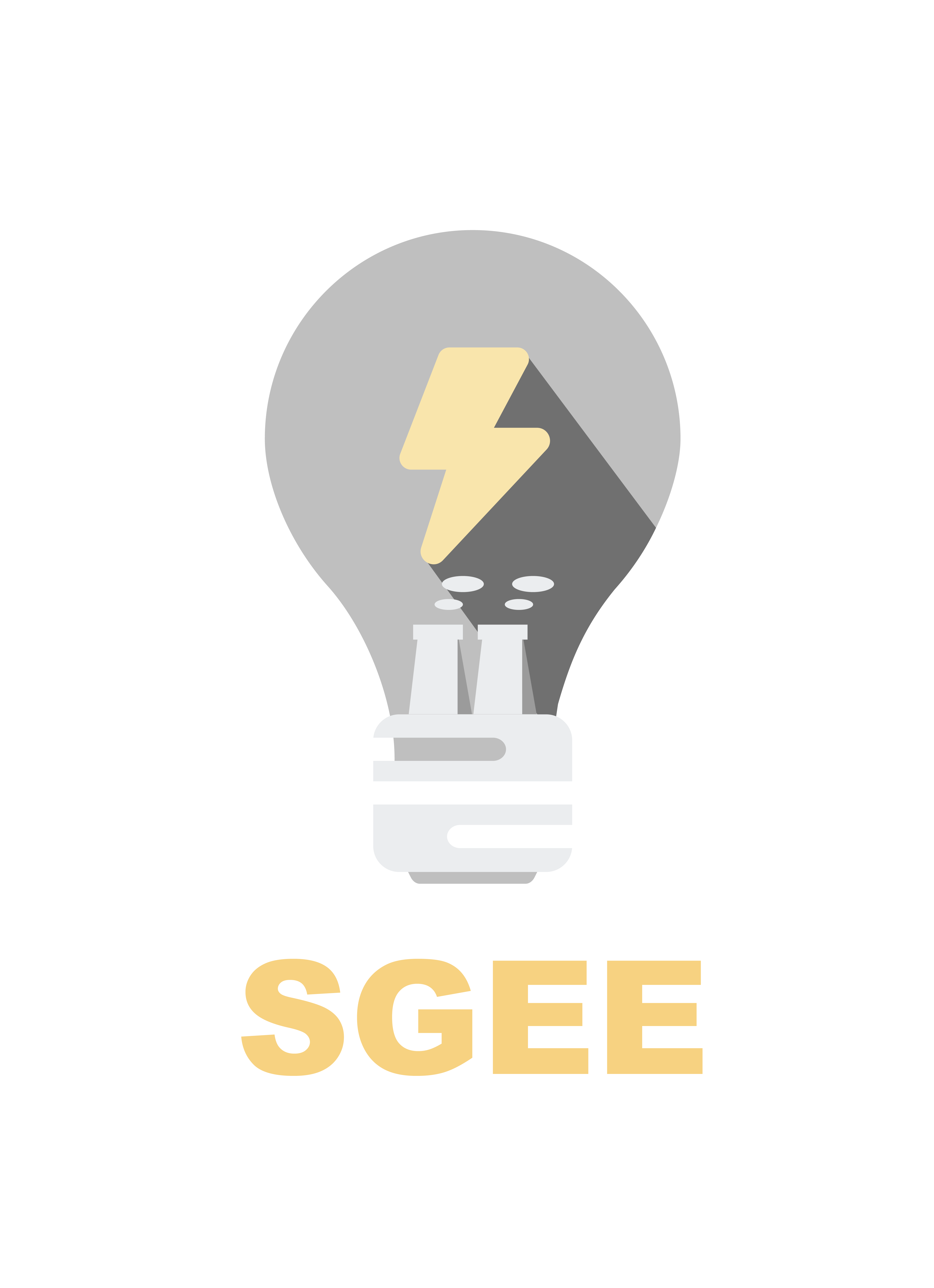

SCI Special Issue
Special Issue "Dynamically Interconnected Microgrids
Deadline for manuscript submissions: 1 June 2021.
Website: Click
>>>Special Issue Editor
Prof. Dr. Hartmut Hinz Website
Guest Editor
Computer Science and Engineering, Frankfurt University of Applied Sciences, 60318 Frankfurt, Germany
>>>Special Issue Information
Dear Colleagues,
Power grids are as important to society as blood vessels are to the human body. Traditional power grids are passive and centralized, with unsatisfactory energy utilization rate and flexibility. On the one hand, it is difficult to cope with the daily increasing distributed power supply, and on the other hand it is difficult to adapt to the rapidly changing demand for electricity and storage. Expanding the capacity and coverage of power grids in the traditional mode will place greater pressure on the environment, and face higher and higher marginal costs. Microgrids are an ideal solution to further improve the scale, coverage, efficiency, and flexibility of power grids. They are generally small power generation and distribution systems composed of a distributed power supply, energy storage device(s), energy conversion device(s), load, and monitoring and protection devices. They can realize the flexible and efficient application of various distributed power sources, such as solar energy, wind energy, hydropower, small generators, etc., realizing an active distribution power network and transforming a traditional power grid to a smart grid.
The Isle of Eigg, a small island 10 miles off the Scottish west coast that can hardly be reached by traditional power grids, is enjoying the benefit and convenience brought by a microgrid. In Bihar, India, a low-cost microgrid is providing electricity to more than 4000 rural households with low income. In China, rapidly increasing electric vehicles are being used as a new type of distributed mobile energy storage in microgrids to help the power grid to absorb the surplus electricity within it and to smooth the impact of power fluctuations. The emergence of microgrid clusters provides a more efficient and environmentally friendly solution for collecting distributed energy supply and solving random distributed electricity demand. The world’s microgrid capacity is expected to see a rapid increase in the coming years.
However, there are still obstacles to be overcome before microgrids can fully exert their capacity. The power sources in microgrids are complex and have different characteristics, which require unified coordination and management. Because of the different structures and characteristics between the microgrid and the backbone grid, it is still a difficult problem to transmit the surplus power in the microgrid to further places through the backbone grid. The interconnection and interaction between microgrids and the joint networking are also the bottlenecks of their application. Therefore, it is especially necessary to conduct in-depth research on these issues.
At present, academic and business circles have put forward some methods to improve the efficiency of microgrids and their networking characteristics, such as droop control technology, distribution algorithm improvement, intelligent distribution network planning methods, cooperative control methods, bird swarm algorithm, etc. Correspondingly, the software and hardware technologies supporting microgrids are also rapidly developing, although these methods and techniques are still far from mature.
Therefore, we are launching this Special Issue titled “Dynamic Interconnected Microgrids” and call for papers from scholars and enterprises all over the world, hoping to collect the most advanced research results at present, stimulate the collision of thinking, enlighten innovation, and make contributions to the further development of microgrid technology. The scope of this Special Issue includes but is not limited to the following:
Configuration of power source, loading, and storage in self-balancing microgrids;
Microgrid interconnection control technology;
Application of flexible connection and rigid connection in microgrid clusters;
Power balancing among microgrids in an interactive environment;
Networking interaction between microgrid and backbone network;
Microgrid cluster networking technology;
Optimal configuration of power switching nodes in microgrid clusters;
Coordination framework of decentralized autonomy and centralized control;
Microgrid control strategy based on hierarchical structure;
Reliability and security protection of microgrids;
Economic issues of microgrid dispatching;
Microgrid power electronic devices and equipment;
Application of artificial intelligence, neural networks, and block chain technology in microgrids;
Control of harmonics and clutter in microgrids.
Prof. Dr. Hartmut Hinz
Guest Editor
>>>Manuscript Submission Information
Manuscripts should be submitted online at www.mdpi.com by registering and logging in to this website. Once you are registered, click here to go to the submission form. Manuscripts can be submitted until the deadline. All papers will be peer-reviewed. Accepted papers will be published continuously in the journal (as soon as accepted) and will be listed together on the special issue website. Research articles, review articles as well as short communications are invited. For planned papers, a title and short abstract (about 100 words) can be sent to the Editorial Office for announcement on this website.
Submitted manuscripts should not have been published previously, nor be under consideration for publication elsewhere (except conference proceedings papers). All manuscripts are thoroughly refereed through a single-blind peer-review process. A guide for authors and other relevant information for submission of manuscripts is available on the Instructions for Authors page. Energies is an international peer-reviewed open access semimonthly journal published by MDPI.
Please visit the Instructions for Authors page before submitting a manuscript. The Article Processing Charge (APC) for publication in this open access journal is 1800 CHF (Swiss Francs). Submitted papers should be well formatted and use good English. Authors may use MDPI's English editing service prior to publication or during author revisions.
>>>Published Papers
This special issue is now open for submission.
>>>Contact
Joqeen Meng (assistant editor of /Energies/)
joqeen.meng@mdpi.com
